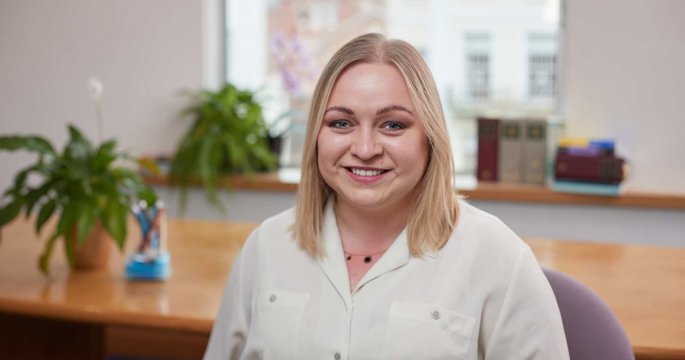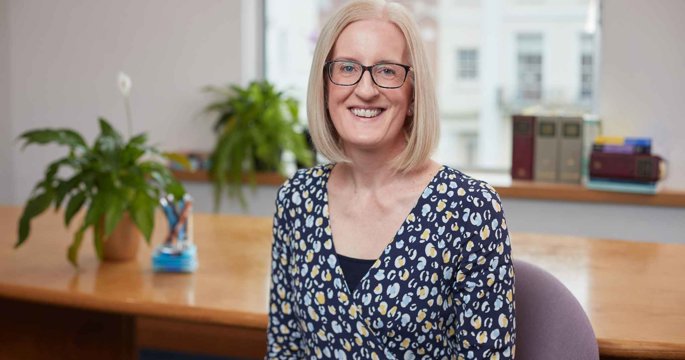The Hidden Risk in the Unfair Dismissal Reforms
The Employment Rights Bill received Royal Assent on 16 December 2025, creating the Employment Rights Act 2025 and laying the groundwork for a series of significant employment law reforms due to take effect throughout 2026 and 2027.
EOT vs MBO: Which Ownership Model is Right for Your Business?
For many business owners planning their succession, the question of how to pass on their company is one of the most important – and often the most complex – decisions they will face. Two increasingly popular options are an Employee Ownership Trust (EOT) or a Management Buy-Out (MBO).
Why legal advice remains essential for low-value lease transactions
When considering a lease transaction, whether as a landlord or a tenant, it can be tempting to go without professional legal advice, as you may think that the legal costs could be disproportionate given the low rental value.
Landlord’s leasehold obligations
It’s no real surprise that landlords are responsible for the maintenance and repair of the structure and common parts of the leasehold properties they own. But how far do their specific obligations reach?
BPE delivers successful new lease for Uniserve Group
BPE are proud to have acted for Uniserve Group on the lease of their latest premise, Droitwich 170. This brand-new warehouse of 169,410 square feet is a perfectly placed location for privately-owned logistics and global trade management provider Uniserve, thanks to its location, just a stone’s throw from Junction 5 of the M5.
Intellectual property risk, strategy and trade secrets: Lessons from Quantum Computing
Google’s quantum computer is described as an oil barrel made up of round discs suspended in a bronze liquid helium bath refrigerator. Housed in a secure laboratory in Santa Barbara, California USA, the technology behind this computer is subject to strict security, confidentiality and export control and it is claimed to be the world’s most powerful quantum computer.
Family Mediation Week: Supporting Separating Couples to Resolve Matters Without Court
As Family Mediation week gets underway, it is hoped that many more separating couples will consider using mediation as a way to settle arrangements for their children and finances.
Statutory demand served over the festive period to protect landlord’s position
The Commercial Litigation team was instructed by a commercial landlord to take urgent enforcement action against a tenant company that had failed to pay rent falling due over the Christmas period. The arrears comprised a significant sum, including unpaid rent and associated legal costs, and the client required swift, decisive action to protect their position.
Family Mediation Week 2026
Family Mediation Week kicks off on 26th January with a week of diverse events promoting the benefits of mediation to separating couples. These include a number of online sessions specifically aimed at the public with one session hosted by “This Morning” Agony Aunt Deidre Sanders on the topic of family separation and mediation.
Forfeiture: A Guide for Landlords
It is not uncommon for tenants to face difficulties in meeting their rental obligations. This situation often places landlords in a precarious position, uncertain about their legal rights while striving to maintain a steady rental income. One remedy available to landlords in such circumstances is the right of forfeiture. The law surrounding forfeiture is complex and must be handled carefully to avoid pitfalls.
BPE advises Integrity 365 on acquisition of Brooks Wealth Management LLP
BPE Solicitors LLP has advised Integrity 365 Limited on its acquisition of the business of Brooks Wealth Management LLP, a transaction that strengthens Integrity 365’s growing presence in the independent financial advisory market.
IP Risks, Strategy And Brand Clearance – Open AI Case Analysis
Intellectual property (IP) is often one of a business’s most valuable commercial assets. Whether launching a new product, rolling out a rebrand or acquiring another company, early and thorough IP due diligence is critical to protecting brand value and avoiding costly disputes. A failure to carry out appropriate trade mark searches, IP audits and clearance exercises can expose businesses to injunctions, forced rebrands, delayed product launches and significant reputational damage. This article considers the IP lessons arising from the widely reported OpenAI dispute and explains why a structured IP strategy should be embedded at the outset of any major commercial project.



















